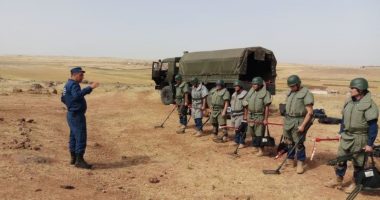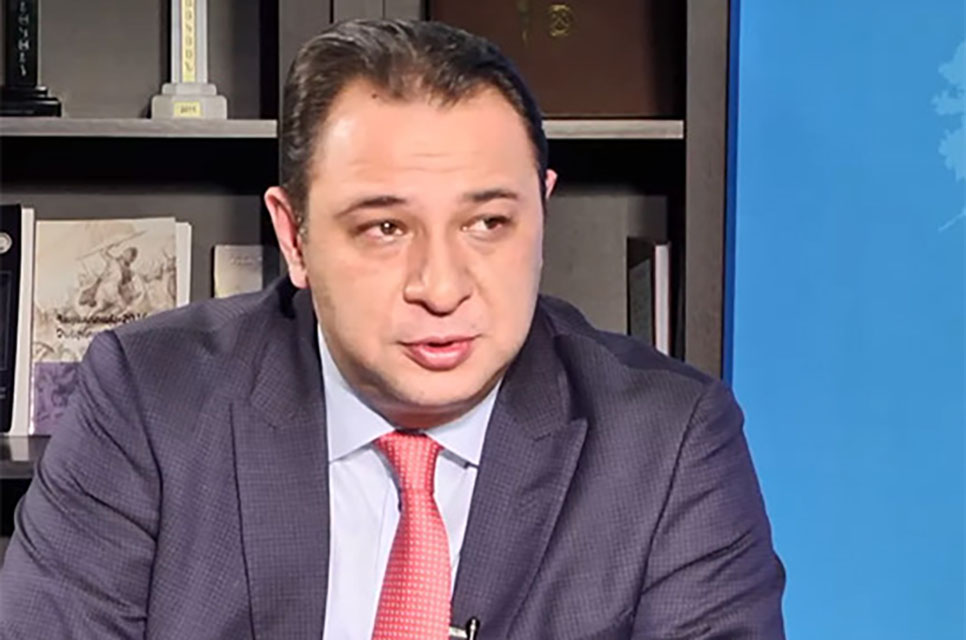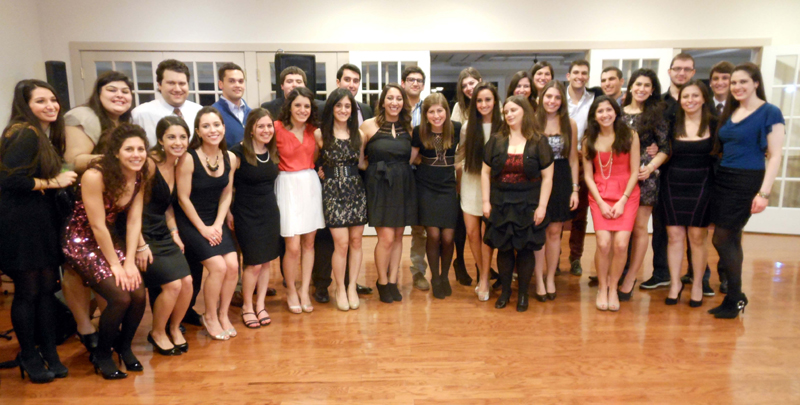KIEV — At least 23 ethnic Armenian citizens or residents of Ukraine have been killed since the start of the Russian invasion, according to leaders of the country’s Armenian community.
Davit Mkrtchian, the deputy chairman of the Union of Armenians of Ukraine, said on Wednesday that 18 of them were civilians while the five others served in the Ukrainian military.
“We pray that the real number [of Armenian deaths] is not higher,” Mkrtchian told RFE/RL’s Armenian Service. “Once in every two or three days we hear about people getting killed here and there.”
Estimates of the number of ethnic Armenians who lived in Ukraine before the war vary from 100,000 to 400,000. Many of them are said to hold Armenian passports. The European Union has allowed them to enter Ukraine’s EU neighbors without Schengen visas.
Like millions of Ukrainians, many local Armenians have fled the country since the start of the conflict on February 24. But even their approximate number remains unknown to both the community leaders and Armenia’s government.
The Foreign Ministry in Yerevan said last month that it has not organized charter flights for such refugees because few of them are willing to relocate to Armenia.
Mkrtchian disputed that claim, saying that many Armenians expressed a desire to take refuge in Armenia at the start of the devastating war.
According to the Kyiv-based activist, a large number of Armenians remain trapped in Ukraine’s eastern Donbas region, the epicenter of fierce fighting, and, in particular, the regional city of Mariupol besieged and partly occupied by Russian troops.
Karen Ghulian, an Armenian-born man, lived in Mariupol for over two decades. Ghulian said that he, his family and a group of other local Armenians risked their lives to flee the war-torn city late last week.
“I realized that if we don’t get out I could lose my family,” he told RFE/RL’s Armenian Service. “We got caught in crossfire.”
Ghulian said he and his family members moved to a friend’s apartment weeks ago after their house was destroyed by shelling.
“Conditions there were terrible,” he said. “There was a lack of food, water, everything. There were no working shops. They all were empty, looted or bombed.”










